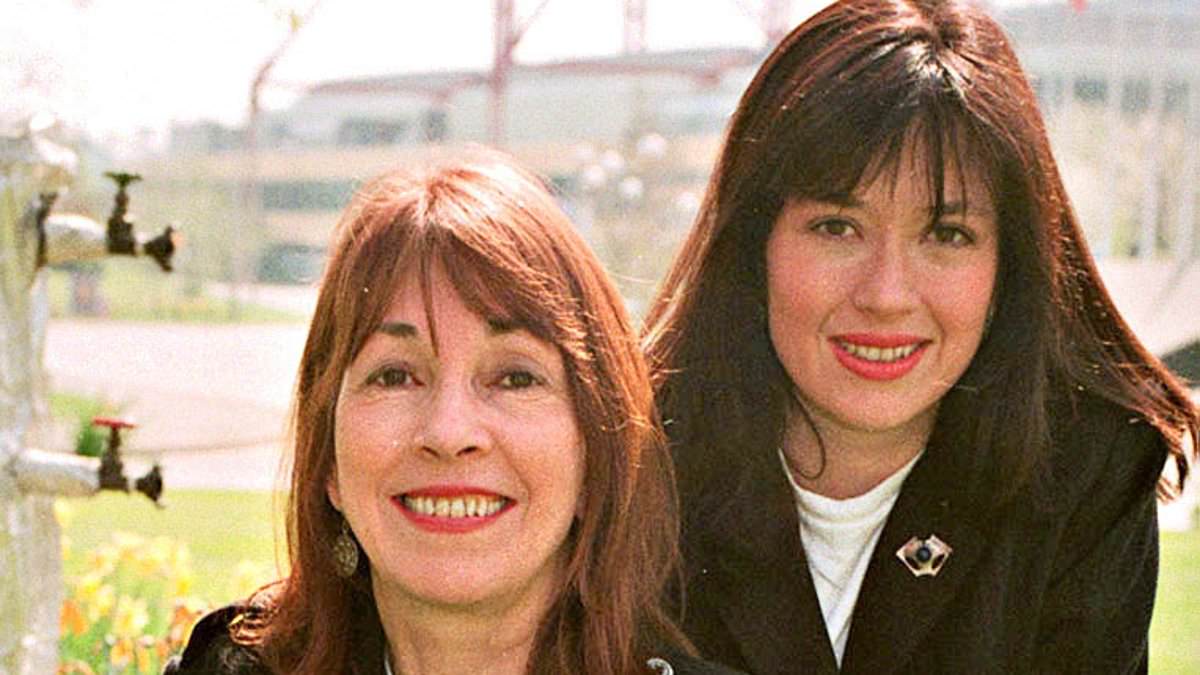
The Emotional Impact of Inheritance: More Than Material Possessions
In today’s world, contested inheritance battles are on the rise. With an aging population, the complexity of blended families, and increasing estate values, the topic of inheritance has gained prominence. For those left out of a will or receiving less than expected, it’s a deeply emotional experience that often transcends monetary value, touching the core of familial love and personal worth.
A Personal Journey Through Inheritance
Daisy Goodwin, a well-known figure in the literary world, shares her poignant story about her mother, Jocasta Innes, and the challenges surrounding her will. Jocasta, an author of timeless works such as The Pauper’s Cookbook and Paint Magic, left the majority of her estate to her other three children, while Daisy received a smaller portion. Despite understanding the practical reasons behind her mother’s decision, Daisy admits to feeling emotionally left out—a sentiment that many individuals in similar positions can relate to.
While Jocasta’s decision stemmed from an intention to balance financial needs among her children, including one living in modest circumstances, it serves as a reminder that wills are more than legal constructs; they often symbolize love, trust, and familial bonds. As Daisy reflects, a person’s will is a lasting expression of their feelings, unavoidably tied to emotional nuances.
The Role of Financial Independence in Family Decisions
Parents often grapple with fairness when drafting wills, balancing financial prudence with familial harmony. According to probate lawyers, splitting assets equally can sometimes avoid emotional disagreements, regardless of each child’s financial standing. Unequal division, even when practical, can spark feelings of rejection and unworthiness.
For Daisy, her mother’s will seemed to reflect Jocasta’s perception of her independence. Having built a successful career, Daisy was viewed as needing less inheritance compared to her siblings. Still, the unequal division carried unintended emotional consequences, reinforcing the importance of clear communication about intentions while drafting estate plans.
Coping with the Emotional Fallout
If you’ve experienced disappointment or rejection due to inheritance decisions, know that your feelings are valid. According to psychotherapist Kamalyn Kaur, inheritance disputes are often tangled with grief. She suggests acknowledging these emotions, seeking support, and remembering that inheritance decisions don’t define your worth.
Moving forward is key. Focus on what you can control, such as nurturing relationships and building your own financial stability. Reframe your perspective by cherishing the positive memories and recognizing that a loved one’s inheritance decisions may have been shaped by factors beyond the obvious.
Supporting Your Emotional Wellbeing
Journaling, mindfulness practices, or even speaking with a professional therapist can help you process feelings of rejection or disappointment. Creating a ritual to honor your loved one, such as planting a tree or dedicating a family recipe, can shift the focus from pain to celebration of their life and legacy.
Recommended Resource: Journaling for Healing
Consider using tools like Moleskine Journals to document your thoughts and emotions during challenging times. Expressing yourself on paper can help you navigate grief and find closure.
Planning Your Own Legacy
Daisy Goodwin, through her own experience, has decided to leave her possessions equally to her daughters. Whether one achieves great financial success or lives modestly, her aim is to ensure her legacy conveys unconditional love. Her story is a powerful reminder that careful estate planning and clear communication can help prevent unintended hurt.
If you’re planning your own estate, it’s worth consulting with both legal and emotional advisors. A well-prepared will respects both the material needs and emotional wellbeing of your loved ones.
Final Thoughts
Inheritance is a complex and deeply personal topic. Beyond the monetary value, it’s often laden with emotional significance. While decisions surrounding inheritance may be practical, they can impact familial relationships for years to come. Whether you’re navigating feelings after being left out of a will, or planning your own estate, the key is empathy, communication, and a focus on creating lasting relationships that transcend material possessions.
Looking for some guidance or emotional support? Visit resources like Psychology Today to connect with therapists in your area or explore estate planning tools that help secure your loved ones’ future.






